
Andrea Greco, SVP of healthcare safety at CENTEGIX, discusses the importance of situational awareness for incident responders in medical practices.

Andrea Greco, SVP of healthcare safety at CENTEGIX, discusses the importance of situational awareness for incident responders in medical practices.
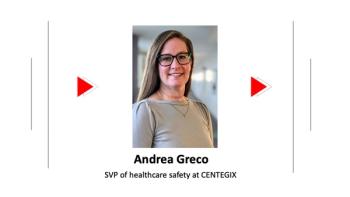
Andrea Greco, SVP of Healthcare Safety at CENTEGIX, offers actionable advice to foster a culture of safety and well-being in medical practices.

Andrea Greco, SVP of Healthcare Safety at CENTEGIX, explains how workplace violence impacts patient care.
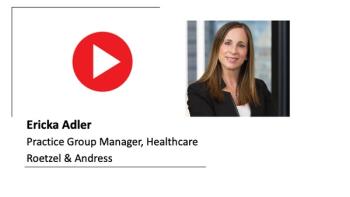
What you need to know about selling your practice

What you need to know about selling a practice
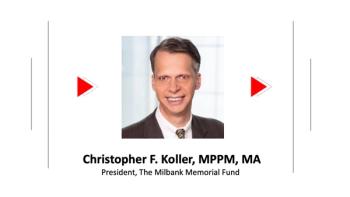
A discussion about primary care with the president of the Milbank Memorial Fund.
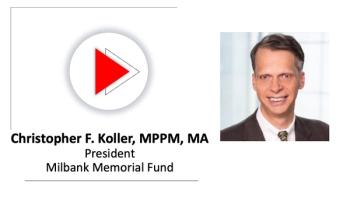
A discussion about primary care with the president of the Milbank Memorial Fund.

A discussion about primary care with the president of the Milbank Memorial Fund.

A discussion about primary care with the president of the Milbank Memorial Fund.

What you need to know about selling your practice

A discussion about primary care with the president of the Milbank Memorial Fund.

A discussion about primary care with the president of the Milbank Memorial Fund.

A discussion about primary care with the president of the Milbank Memorial Fund.

A discussion about primary care with the leader of the Milbank Memorial Fund.

What you need to know about selling a practice

What you need to know about selling a practice

What you need to know about selling a practice

What you need to know about selling a practice

What you need to know about selling a practice
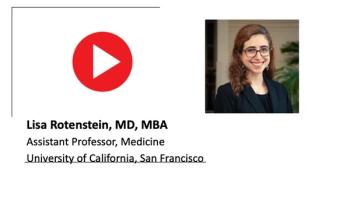
New research explores some of the reasons why physicians and APPs don't always collaborate as well as they should.

What you need to know before selling your practice

What is the one thing primary care physicians should take away from this research on collaboration between them and APPs?

What has to change for physicians and APPs to work better together?

What is the patient perspective on APPs and physicians and how should it influence future changes?

How payment models affect APP-physician collaboration

How do we get physicians and APPs to work together better?

The lack of clarity around the role of APPs can create workplace friction

What the latest research says about physician and APP collaboration

What is the role of the advanced practice provider compared to a physician in primary care?
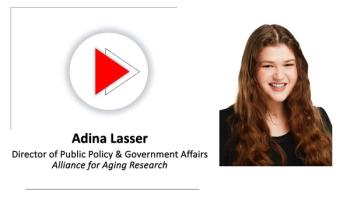
Bargaining for widely used prescription drugs may save money for Medicare, but AAR wants seniors to see better prices at the pharmacy counter.